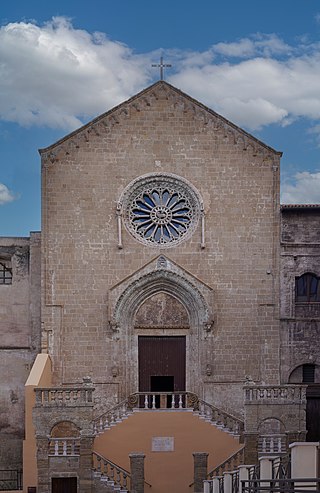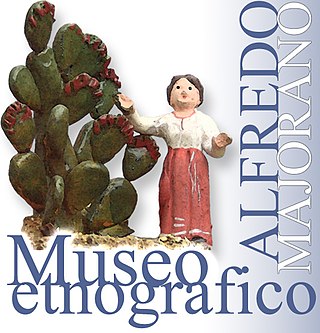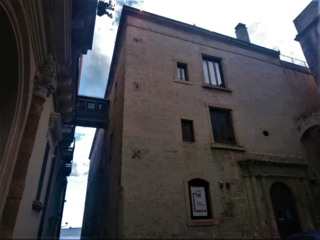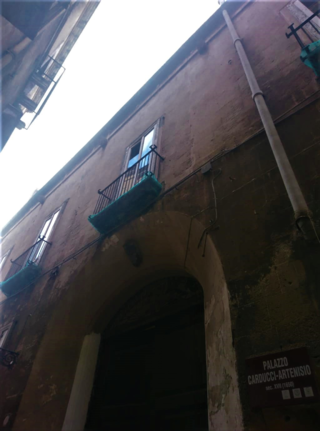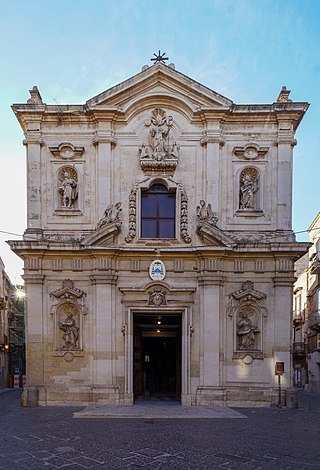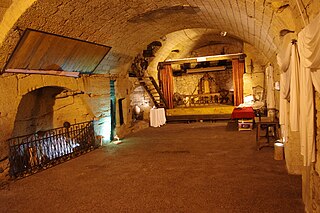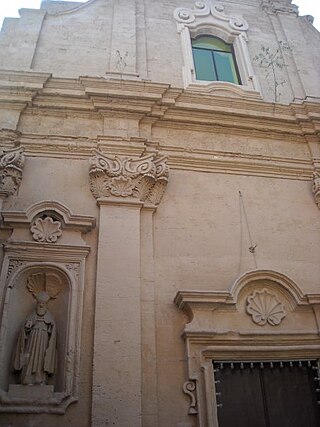Self-guided Sightseeing Tour #1 in Taranto, Italy
Legend
Guided Free Walking Tours
Book free guided walking tours in Taranto.
Guided Sightseeing Tours
Book guided sightseeing tours and activities in Taranto.
Tour Facts
1.4 km
43 m
Experience Taranto in Italy in a whole new way with our free self-guided sightseeing tour. This site not only offers you practical information and insider tips, but also a rich variety of activities and sights you shouldn't miss. Whether you love art and culture, want to explore historical sites or simply want to experience the vibrant atmosphere of a lively city - you'll find everything you need for your personal adventure here.
Activities in TarantoIndividual Sights in TarantoSight 1: Chiesa di San Domenico Maggiore
The church of San Domenico is a Romanesque-Gothic style church that stands on the western front of the historic center of Taranto, whose construction was completed around 1360. The "major" appellation consolidated by Francesco Fella and Enzo La Gioia in the monograph of 1985, it was originally adopted in the 19th century for the current sanctuary of the Madonna della Salute or Monteoliveto, in the period from the post -Napoleonic restoration to 1866, during which the Dominicans moved there. In the sources, in fact, the latter occurs as S. Domenico Maggiore to distinguish it from San Pierto Imperiale, at the time very degraded, popularly appealed S. Domenico Vecchio. It is probable that following the abandonment of the city by the Dominicans, after the restoration of the medieval complex in the early twentieth century and, above all, as a result of the demolition of the convent of St. John who was occluded its view from the port, the newfound monumentality and renewed religious and secular functions, determined the progressive acquisition of the major appellation in the local vulgar, no longer to stand out from a complex homonymous but to sanction its urban survey.
Wikipedia: Chiesa di San Domenico Maggiore (Taranto) (IT), Website
Sight 2: Museo etnografico Alfredo Majorano
The "Alfredo Majorano" Ethnographic Museum is located in the historic center of Taranto, in the eighteenth-century Palazzo Pantaleo.
Sight 3: Palazzo Pantaleo
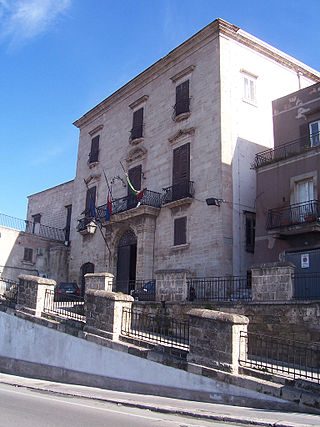
The Palazzo Pantaleo in Taranto is an eighteenth-century building owned by the Municipality. From 2000 to 2007 it housed some collections of the National Archaeological Museum of Taranto in the Old City. It is currently home to the Alfredo Majorano ethnographic museum.
Sight 4: Palazzo Amati
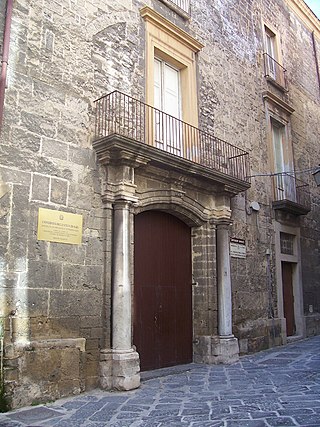
The Palazzo Amati in Taranto is one of the most prestigious palaces in the city's Borgo Antico (Old Town). It was built in the second half of the eighteenth century by Baron Giacomo Amati, through a complex work of union of three minor buildings owned by him since 1748. The palace overlooks the Mar Grande, but the entrance with the imposing portal is located in vico Vigilante.
Sight 5: Mudi Museo Diocesano di Taranto
The Diocesan Museum or Mu.di. it is set up in the premises of the sixteenth-century Archiepiscopal Seminary of Taranto in the Old City. The Museum was inaugurated on May 6, 2011 by Archbishop Benigno Luigi Papa. The Mu.di is spread over 4 floors, with a basement, with the remains of an ancient Iapygian village, the ground floor which includes an auditorium with 100 seats, a multipurpose room, and the first and second floors, in which there are the thematic sections: Liturgical, Christological, Marian, Saints, Religious Orders and Confraternities, Cathedral and Archbishops. The exhibition contains over 300 works that span a time span ranging from the seventh to the twentieth century, including sacred furnishings, relics, paintings and sculptures of exceptional cultural value. These are largely from churches no longer open for worship, or from the "Treasure of San Cataldo" and the heritage of the archdiocese.
Sight 6: Palazzo Carducci Artenisio
The Palazzo Carducci Artenisio in Taranto is one of the main palaces of the Taranto aristocracy. The building has largely preserved its original noble characteristics, both in the fine decorations and in the furnishings. It was built in 1650 by Ludovico Carducci, a descendant of a noble family from Florence. The entrance to the building is located in vico I Seminario.
Sight 7: Duomo di San Cataldo
Taranto Cathedral is a Roman Catholic cathedral in Taranto, Apulia, Italy, dedicated to Saint Catald. It is the archiepiscopal seat of the Archdiocese of Taranto.
Sight 8: Chiesa Santuario Madonna Della Salute
Sight 9: Museo Ipogeo Spartano di Taranto
The Spartan Museum of Taranto is located in Corso Vittorio Emanuele II 39 in the Borgo Antico of Taranto, Puglia.
Sight 10: Chiesa di Sant'Agostino
Located in the alley Sant'Agostino, near the La Riccia slope, the church of Sant'Agostino has an eighteenth-century façade with a very simple structure, recalling the Rococo style.
Share
How likely are you to recommend us?
Disclaimer Please be aware of your surroundings and do not enter private property. We are not liable for any damages that occur during the tours.
GPX-Download For navigation apps and GPS devices you can download the tour as a GPX file.
